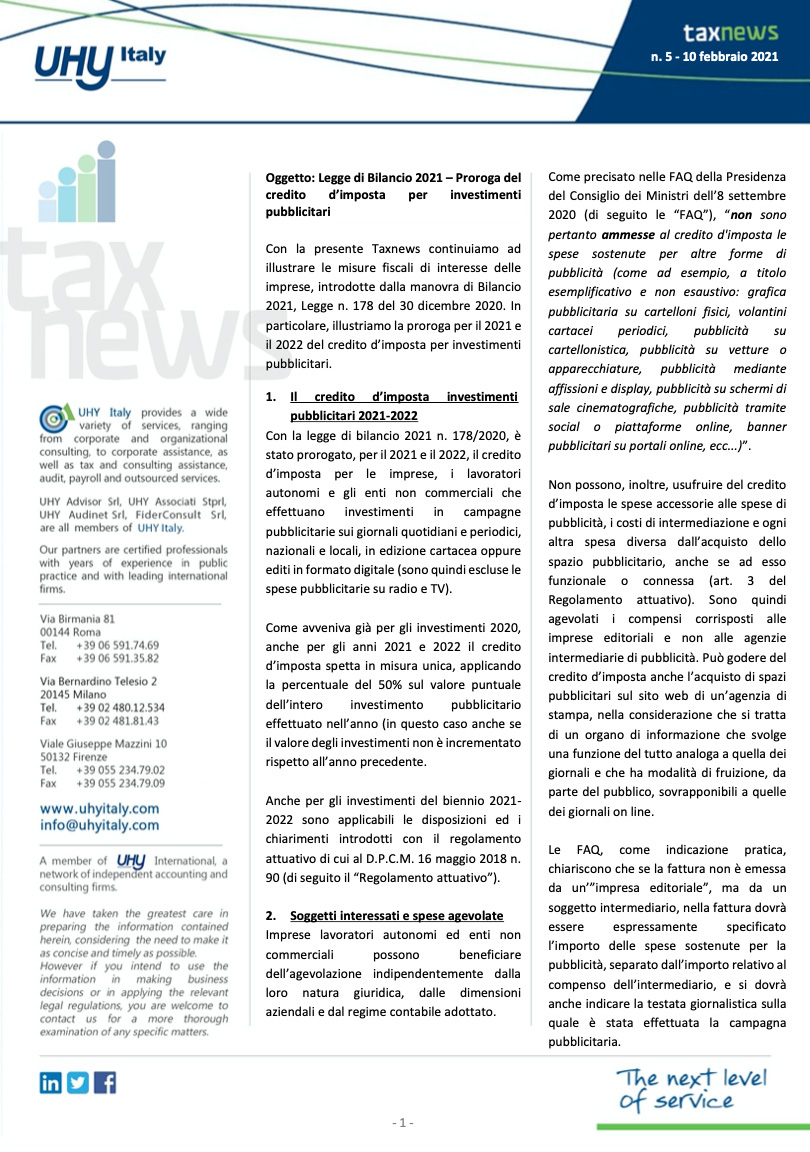

Sergio Fedele - 12/19/2024
HR News 3/2024
2024 Labour Bill
The Labour Bill has been definitively approved by the Senate. The main changes include modifications to the probationary period, a legal clarification on seasonality in fixed-term contracts, the possibility of resignations for conclusive actions, and updates to the procedures for communications related to work-from-home.
The Senate has given the green light to the DDL Lavoro, introducing a series of new rules that, although addressing various topics, will significantly impact some of the most important aspects of labor legislation.
Below are the main changes introduced.
Seasonal Activity
Article 11 of the approved DDL, titled "Norm of authentic interpretation of Article 21, paragraph 2, D.Lgs 81/2015 regarding seasonal activities" should be interpreted to mean that seasonal activities are not limited to those listed in DPR 1525/63 but also include those responding to production peaks during certain times of the year or to technical or production needs linked to seasonal cycles of sectors or markets served by the company. This also applies to collective agreements, including those already signed by the time the law comes into effect.
The rule, retroactive as an authentic interpretation, aims to change the stance of the (Italian judiciary) highest appeals court, which has always distinguished between climate-related seasonality and seasonality linked to production peaks.
Probationary Period
The DDL introduces specific changes regarding the probationary period, particularly for fixed-term contracts. Specifically, the legislator intends to integrate the Transparency Decree (D.Lgs. 104/2022) with a new provision that sets the probation period at one day of actual work for every fifteen calendar days, starting from the beginning of the employment relationship. However, the probation period cannot be shorter than two days or longer than fifteen days for contracts lasting up to six months, and thirty days for contracts lasting between six and twelve months. It remains to be clarified what is meant by "more favorable" provisions established by collective bargaining, considering that the probationary period is a bilateral agreement that theoretically offers benefits to both parties.
Resignation and Communications
Article 19 introduces the issue of resignation by conduct, aiming to counteract the practice of voluntary and planned absence by the worker to obtain dismissal and the subsequent NASpI benefit.
The new paragraph added to Article 26 of D.Lgs. 151/2015 establishes that if a worker is unjustifiably absent beyond the deadline set by the collective agreement, or beyond fifteen days in the absence of specific provisions, the employer must report it to the National Labor Inspectorate, which will verify the situation.
In the case of prolonged unjustified absence, the employment relationship is considered terminated by the worker's will, and the provisions regarding contract termination do not apply, unless the worker proves the impossibility of justifying the absence due to force majeure or reasons attributable to the employer.
Smart Working
A simplifying provision concerns smart working. The related article states that the communication to activate smart working must be sent within five days of the start of the period or within five days following any changes in the duration or termination of the period of remote work.
Installment Payment of Contribution Debts
Regarding contributions, a new rule provides that, starting from January 1, 2025, INPS and INAIL can allow the installment payment of contribution debts, including premiums and legal accessories, for a maximum of sixty monthly installments. This will be possible in cases defined by a ministerial decree that will establish the methods, criteria, and requirements for installment payments.
